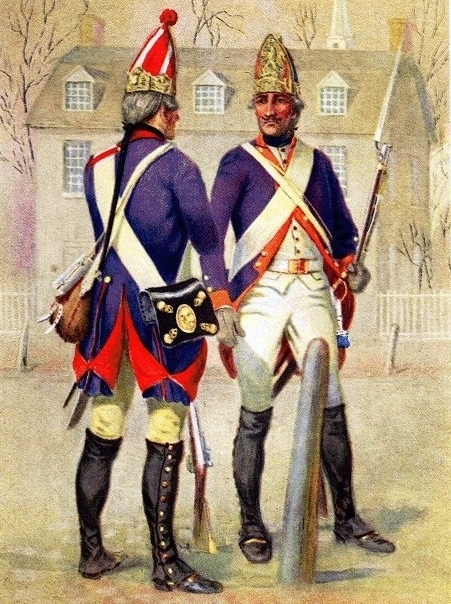Not long after Americans declared their independence of Great Britain, General Willaim Howe invaded New York with more than 30,000 troops, which included some 9,000 Hessian mercenaries.
Hoping to encourage desertion among them, the Second Continental Congress, which had adopted the Declaration of Independence, adopted another resolution on August 14, 1776. It indicates that, even prior to the adoption of the First Amendment, Americans had begun to recognize the value of guaranteeing religious freedom in encouraging immigration as a number of the colonies had already done.
Resolution offered freedom
In its resolution, which was probably penned by Thomas Jefferson, Congress observed that “it has been the wise policy of these states to extend the protection of their laws to all those who should settle among them, of whatever nation or religion they might be, and to admit them to a participation of the benefits of civil and religious freedom” (p. 653).
The resolution noted that the British were waging “a cruel and unprovoked war,” that had included buying the services of mercenaries, who, if they survived, would be sent back to Germany, where they would have few rights and could be sold to participate in other foreign wars. It further observed that Britain had invited American desertions and announced their intention to force captured seaman to fight against their countrymen.
Congress said it would accept Hessian deserters
In response, Congress resolved that American states would accept Hessian deserters. Moreover, it provided “that they shall be protected in the free exercise of their respective religions, and be invested with the rights, privileges and immunities of natives, as established by the laws of these states” (p. 654) and be offered 50 acres of unappropriated lands.
The resolution was initially kept secret until it could be translated into German and communicated to the troops. The Second Continental Congress later adopted a resolution providing even larger land grants to Hessian officers who deserted, especially if they brought fellow troops with them.
Between 5,000 and 6,000 mercenaries defected British Army
Throughout the war, it is believed that between 5,000 and 6,000 of the 30,000 mercenaries who served in America defected, especially as battles turned against the British and their hired troops (Butterfield 1950, 240-241). Most of them would likely have been Lutherans.
It is notable that whereas many colonial charters had referred to religious tolerance, James Madison had persuaded George Mason that the Virginia Declaration of Rights, which had been adopted on June 12, 1776, should instead proclaimed that “all men are equally entitled to the free exercise of religion, according to the dictates of conscience.” The term “free exercise,” however, had been in use in the colonies at least since 1649 (Beneke 2024, 35). The Continental Congress adopted this free exercise language in its own resolution, and the First Congress under the new Constitution added that language (albeit not the language on freedom of conscience) to the First Amendment where it remains today.
John R. Vile is a political science professor and dean of the Honors College at Middle Tennessee State University.

